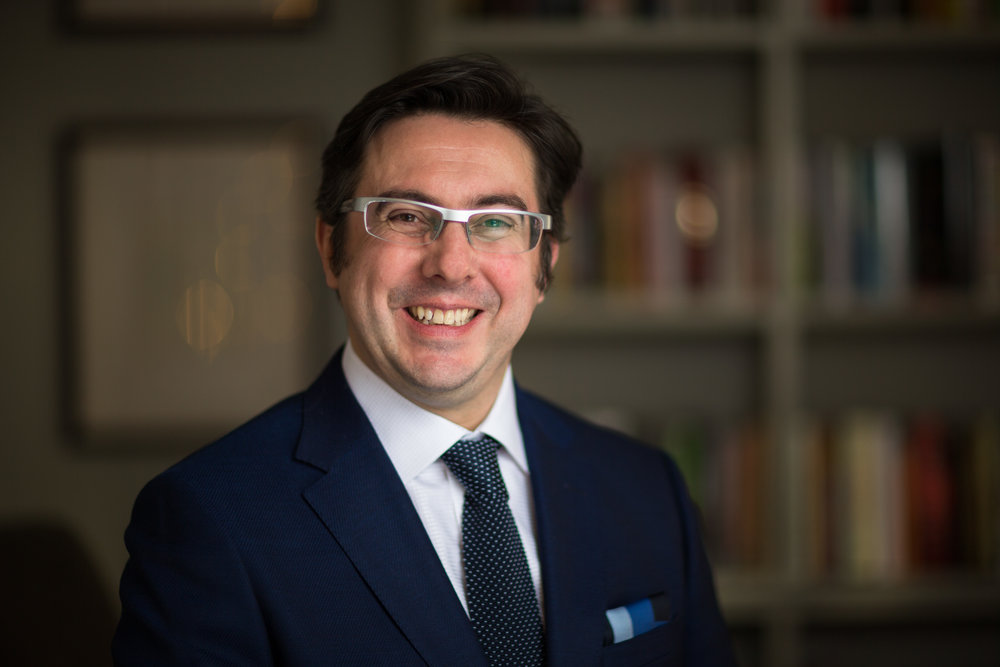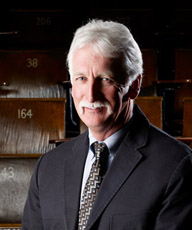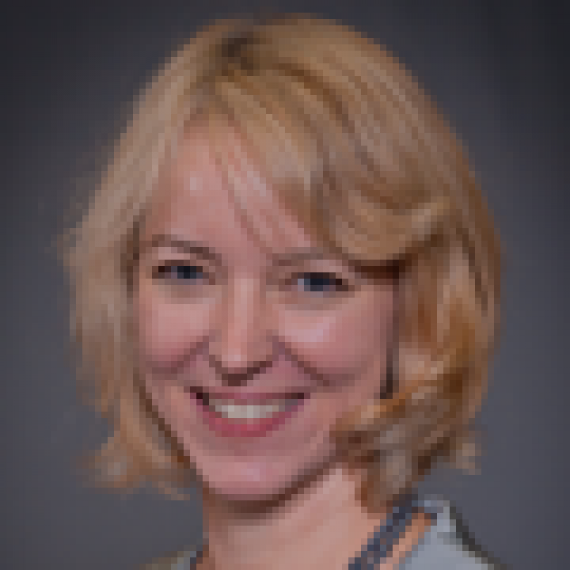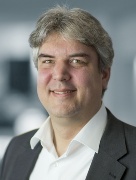Professor Andrew Hopkins

Andrew Hopkins is the founder and CEO of Exscientia Ltd. Exscientia is the first company to automate drug design, using A.I., surpassing conventional human endeavors. Prof Hopkins spent ten years at the Pfizer, following his DPhil at the University of Oxford. Subsequently, he was one of the youngest professors when he was appointed to a Chair at the University of Dundee. He has won several awards for his work including the Royal Society of Chemistry’s Entrepreneur of the Year and the Capps Green Zomaya Medal, the BBSRC Commercial Innovator of the Year, Scottish Enterprise Life Science Entrepreneurial Leadership Award, and the Corwin Hansch Award. Prof. Hopkins is a Fellow of the RSE, the RSC, the RSB and the LSW and the author of some of the most highly cited papers in modern drug discovery. Prof Hopkins lives in Oxford, UK.
Professor William L. Jorgensen

Bill Jorgensen is a graduate of Princeton and Harvard, spent 15 years on the faculty at Purdue, and in 1990 moved to Yale, where he is a Sterling Professor. Bill’s research covers both computation and experiment. He has combined quantum, statistical, and molecular mechanics to model chemistry in solution. He has been a leader in computational studies of organic and enzymatic reactions in solution, molecular recognition, protein-ligand binding, and molecular properties. His OPLS force fields and TIPnP water models are widely used. Bill’s research group is also actively engaged in de novo drug design and synthesis, particularly for anti-infective, anti-proliferative, and anti-inflammatory agents. Free-energy perturbation calculations are at the heart of the group’s abilities for efficient lead optimization.
Among honors, Bill has received an ACS Cope Scholar Award, the ACS Award for Computers in Chemical and Pharmaceutical Research, the ACS Hildebrand Award, AAAS and ACS Fellowships, the ISQBP Award in Computational Biology, the Sato International Award from the Pharmaceutical Society of Japan, and the 2015 Tetrahedron Prize. He has been elected to membership in the International Academy of Quantum Molecular Science, American Academy of Arts & Sciences, and US National Academy of Sciences. He has been the Editor of the ACS Journal of Chemical Theory and Computation since its founding in 2005.
Website: http://zarbi.chem.yale.edu/
Twitter: @JorgensenWL
Professor Anne M. Robertson

Professor Anne Robertson (Pittsburgh, US) is a Professor in the Department of Mechanical Engineering and Materials Science, Swanson School of Engineering, University of Pittsburgh. Dr Robertson holds a secondary appointment in the Department of Bioengineering She has also served as a Visiting Professor at many universities, including the University of Aachen, Germany; Politecnico di Milano, Italy; Instituto Superior Tecnico, Lisbon; and Bernoulli Center at the Swiss Federal Institute of Technology. In addition, she has acted as a Faculty Researcher with the Department of Energy/National Energy Technology Laboratory (2000-2007)
Dr Robertson earned her BS in Mechanical Engineering at Cornell University. She then studied at the University of California at Berkeley, where she earned her MS and PhD, both in Mechanical Engineering. She continued her post-doctoral training at Berkeley in the Department of Chemical Engineering as a President’s Postdoctoral Fellow.
Dr Robertson’s research interests include continuum mechanics with a particular emphasis on cerebral vascular disease, constitutive modelling of soft biological tissues and non-Newtonian fluid mechanics.
Professor Oliver Röhrle

Professor Oliver Röhrle (Stuttgart, Germany) is Professor of Continuum Biomechanics and Mechanobiology at University of Stuttgart. He got his MSc in Mathematics (1999) from University of Wisconsin, his Diplom (2000) in Mathematics and Economics from the University of Ulm and his PhD in Applied Mathematics (2004) at the University of Colorado. He has worked as a Research Scientist at the Auckland Bioengineering Institute before joining as Junior Professor for Continuum Biomechanics and Mechanobiology at the Cluster of Excellence for Simulation Technology (SimTech) and at the Institute of Applied Mechanics (Civil Engineering), University of Stuttgart, Germany. He is now Deputy Dean for the Civil and Environmental Engineering at University of Stuttgart. Oliver is one of the top experts of muscle modelling, and his works is extremely relevant for all kind of neurodegenerative diseases
